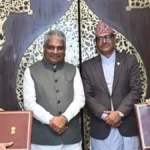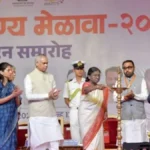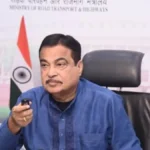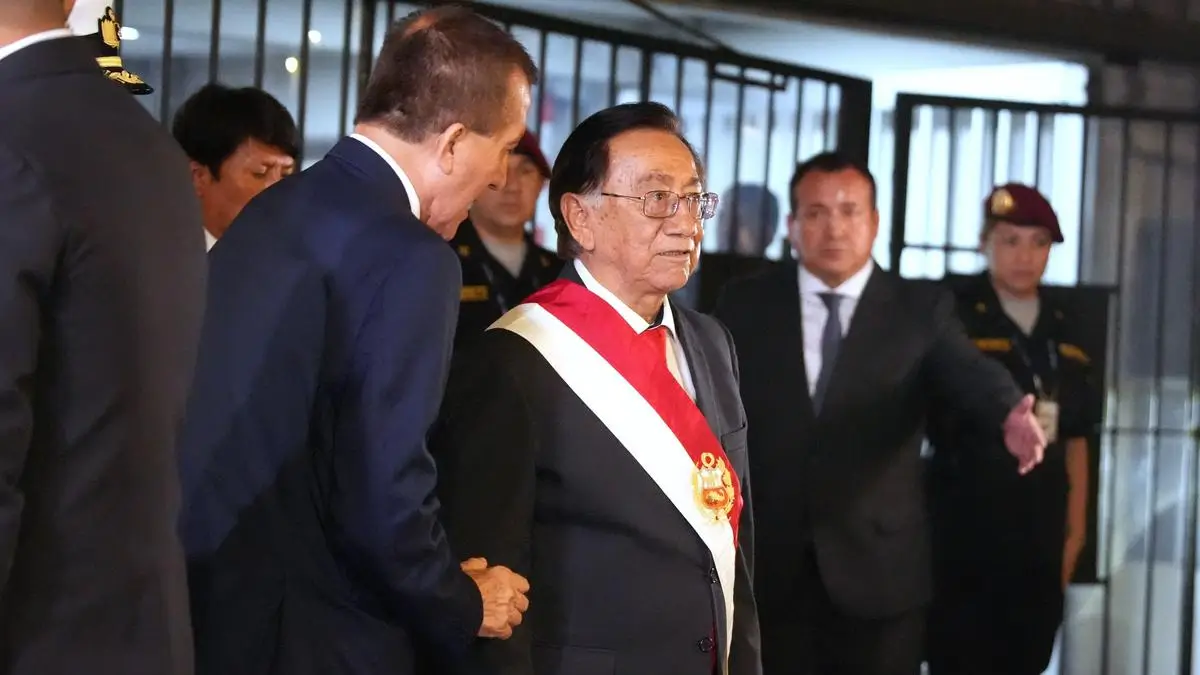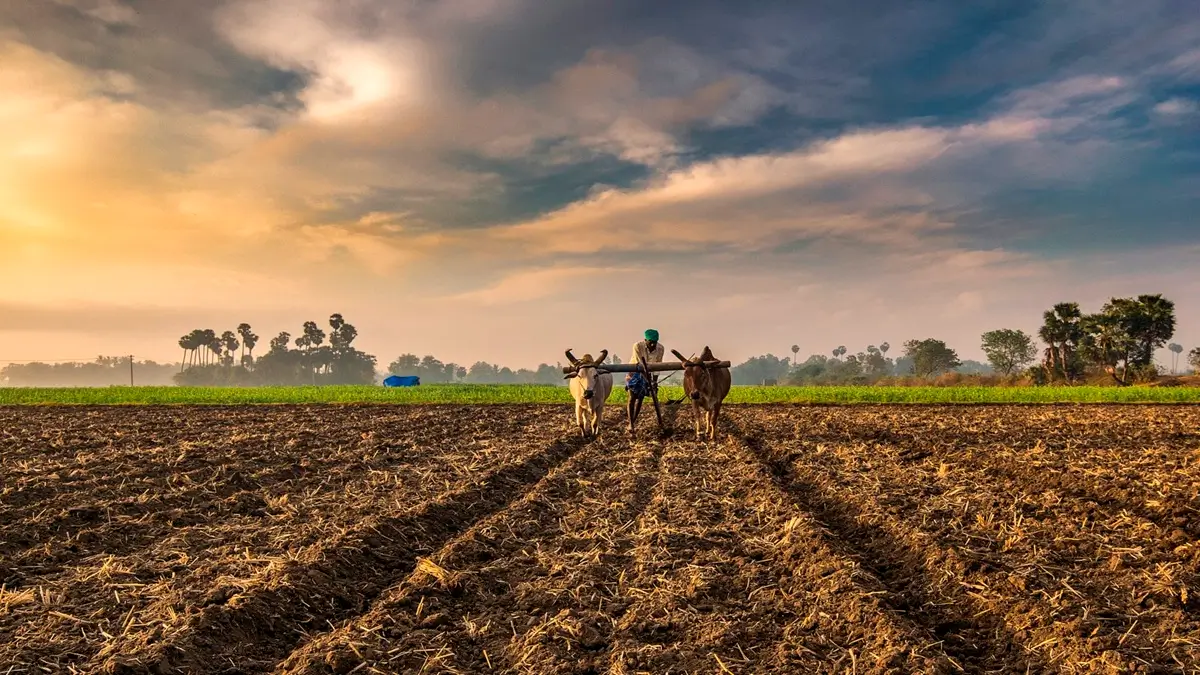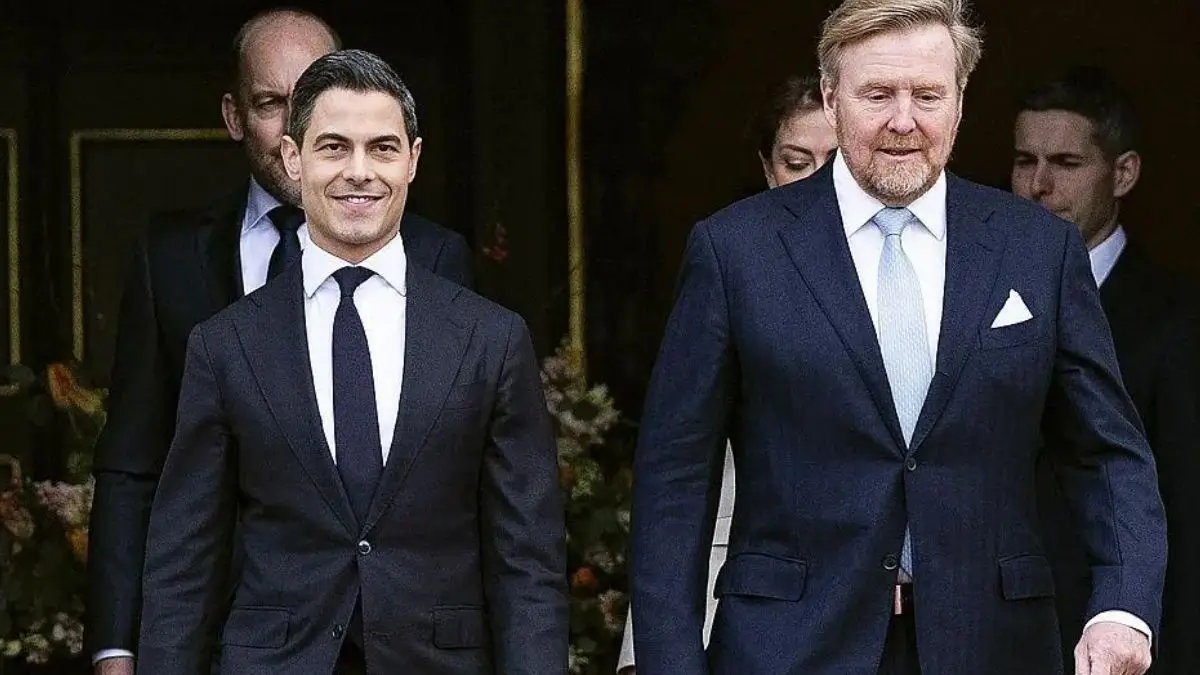Cyril Ramaphosa Secures Second Term as South African President
Introduction
In a significant political development, Cyril Ramaphosa has secured a second term as the President of South Africa. His re-election brings forth renewed hopes and challenges for the nation. This news holds great importance for students preparing for various government exams as it touches upon topics like international politics, governance, and socio-economic issues.
Election Victory
Cyril Ramaphosa won his second term in office with a notable majority, reaffirming his leadership and the trust placed in him by the electorate. His campaign focused on economic reforms, anti-corruption measures, and social justice, resonating with a broad spectrum of voters. Ramaphosa’s victory is seen as a mandate to continue his policies aimed at stabilizing South Africa’s economy and improving governance.
Economic Reforms
One of the cornerstone promises of Ramaphosa’s campaign was the continuation of economic reforms. His first term saw initiatives aimed at boosting economic growth, creating jobs, and attracting foreign investment. With his re-election, these efforts are expected to intensify, addressing issues such as unemployment, poverty, and inequality, which are critical for South Africa’s progress.
Anti-Corruption Measures
Ramaphosa’s stance against corruption has been a defining feature of his presidency. His administration has undertaken several measures to root out corruption within government structures. The re-election is seen as an endorsement of his commitment to transparency and accountability. This focus on clean governance is crucial for improving public trust and ensuring effective administration.
Social Justice and Equality
Promoting social justice and equality remains a significant agenda for Ramaphosa. His policies aimed at addressing historical inequalities and providing better opportunities for marginalized communities are key aspects of his governance. This includes reforms in education, healthcare, and social services, aiming to uplift the socio-economic conditions of the underprivileged.
International Relations
Ramaphosa’s leadership also impacts South Africa’s international relations. His presidency is expected to enhance South Africa’s role on the global stage, strengthening diplomatic ties and fostering international cooperation. This includes playing a pivotal role in African Union initiatives and contributing to global discussions on issues such as climate change and trade.

Why This News is Important
Importance for Political Awareness
Cyril Ramaphosa’s re-election as the President of South Africa is a critical event for students preparing for government exams, as it highlights key aspects of political leadership and electoral processes. Understanding such developments is essential for grasping the nuances of governance and international politics.
Economic and Social Implications
Ramaphosa’s victory is significant due to its implications for South Africa’s economic and social policies. His focus on economic reforms and anti-corruption measures are vital areas of study, providing insights into the challenges and strategies involved in national governance.
Relevance to International Relations
For students studying international relations, Ramaphosa’s leadership offers a case study on how nations navigate global politics and diplomacy. His role in enhancing South Africa’s international presence and cooperation is a pertinent topic for exams covering global affairs.
Educational Reforms and Policies
His emphasis on social justice and educational reforms provides valuable lessons for those preparing for teaching positions and exams related to social services. Analyzing his policies can help in understanding the impact of government initiatives on education and public welfare.
Exam Relevance
Current affairs such as this are crucial for competitive exams, where questions on international leaders, their policies, and impacts are common. Staying updated with such news helps in answering questions accurately and comprehensively.
Historical Context:
Early Life and Political Career
Cyril Ramaphosa was born on November 17, 1952, in Soweto, Johannesburg. He became involved in student politics in the 1970s, playing a significant role in the anti-apartheid movement. He was a founding member of the National Union of Mineworkers (NUM) and played a key role in negotiations to end apartheid.
First Term Achievements
During his first term as President, Ramaphosa focused on economic reforms, improving public sector efficiency, and combating corruption. He launched the Economic Stimulus and Recovery Plan and the Presidential Infrastructure Coordinating Commission to drive economic growth.
Anti-Apartheid Movement
Ramaphosa’s contributions to the anti-apartheid movement and his role in the drafting of South Africa’s democratic constitution are notable historical elements. His leadership in the African National Congress (ANC) has been marked by efforts to strengthen the party’s governance and policy-making processes.
Previous Leadership Roles
Before his presidency, Ramaphosa served as Deputy President of South Africa and as the Chairman of the National Planning Commission, where he was instrumental in shaping the country’s National Development Plan aimed at reducing poverty and inequality by 2030.
Key Takeaways from Cyril Ramaphosa’s Re-Election
| Serial No. | Key Takeaway |
|---|---|
| 1 | Cyril Ramaphosa has secured a second term as South African President. |
| 2 | His re-election emphasizes economic reforms and anti-corruption measures. |
| 3 | Social justice and equality are primary focuses of his governance. |
| 4 | Ramaphosa’s leadership aims to strengthen South Africa’s international relations. |
| 5 | His presidency provides significant insights for political and economic studies. |
Important FAQs for Students from this News
1. Who is Cyril Ramaphosa?
Cyril Ramaphosa is the President of South Africa, having secured a second term in office. He is known for his role in the anti-apartheid movement and his focus on economic reforms and anti-corruption measures.
2. What were the main focuses of Ramaphosa’s campaign?
His campaign primarily focused on economic reforms, anti-corruption measures, and promoting social justice and equality.
3. Why is Cyril Ramaphosa’s re-election significant?
Ramaphosa’s re-election is significant as it reaffirms his leadership and policies aimed at stabilizing the South African economy, improving governance, and enhancing social justice.
4. What impact does Ramaphosa’s leadership have on international relations?
Under Ramaphosa’s leadership, South Africa is expected to strengthen its diplomatic ties, play a pivotal role in African Union initiatives, and contribute to global discussions on key issues like climate change and trade.
5. What historical roles has Ramaphosa played in South Africa?
Ramaphosa has been a significant figure in South Africa’s history, notably for his role in the anti-apartheid movement, as a founding member of the National Union of Mineworkers (NUM), and his contributions to drafting South Africa’s democratic constitution.
Some Important Current Affairs Links








